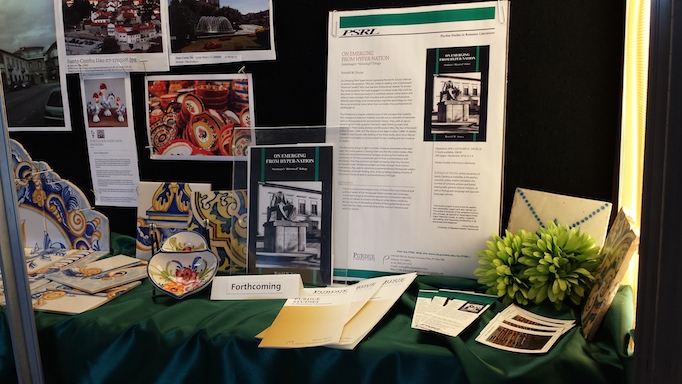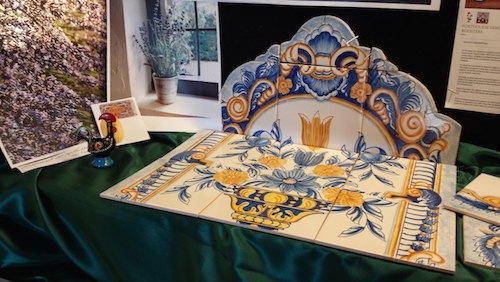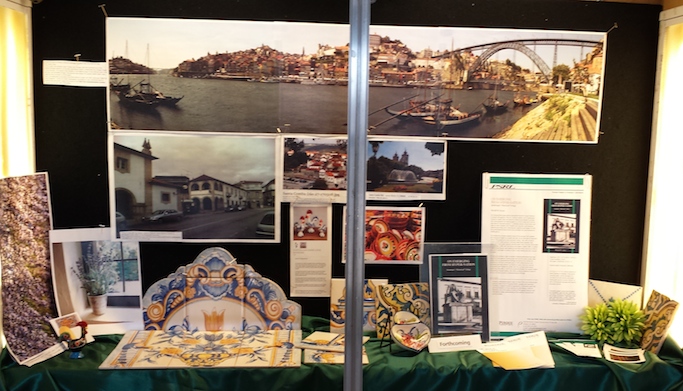On Emerging from Hyper-Nation: Saramago's “Historical” Trilogy
Ronald W. Sousa
On Emerging from Hyper-Nation represents Ronald W. Sousa’s attempt to answer the question “Why do I smile on reading one of Saramago’s ‘historical’ novels?”—why that reaction of emotional release? To answer the “smile question” the book engages in a critical mode that could be described as “discourse analysis.” It combines several critical strains and relies on basic concepts from Freudian and Lacanian psychoanalysis, Adlerian psychology, and contemporary cognitive psychology for their discourse-analytical value rather than as entrees into psychoanalytical reading per se.
Sousa first presents some of the concepts that underlie that compound analytical modality and sets out an overview of twentieth-century Portuguese social and economic history. Then, with an eye to answering the “smile question,” the book reads Nobel Laureate José Saramago’s three novels, Baltasar and Blimunda (1982), The Year of the Death of Ricardo Reis (1984), and The History of the Siege of Lisbon (1989). Or, better, the book seeks to read Sousa’s own reading of the three works, since focus falls on how each novel seeks to construct both its own reading and also Sousa as its reader.
The discussion brings to light a number of textual phenomena that bear upon the “smile question.” Among them are that the novels invoke, often subtly, the fascist hermeneutical heritage remaining from before the Revolution of 1974 as a constituent part of their communication with the reader; that they summon up historical trauma; that they function as Freudian-style “tendentious jokes”; and that, through these various invocations, they seek to constitute a post-revolutionary Portuguese subject. The reading of Sousa’s reading, then, ends up being a reading of some of the cultural forces at work in post-revolutionary Portugal.
“The book’s project is sound and its realization remarkably cogent and ably carried out. The author’s analysis of the reception horizon and process, as applied to Saramago’s three major historical novels, is useful, insightful, stimulating, and frequently exhilarating in its sharpness and elegance.” —Anna Klobucka, University of Massachussetts–Dartmouth
For more reviews, see
Editor's Note, Portuguese American Journal, 15 Nov. 2014, http://portuguese-american-journal.com/book-on-emerging-from-hyper-nation-saramagos-historical-trilogy-editors-note/
Ronald W. Sousa, University of North Carolina Asheville, is the author, co-author, editor and/or translator of a number of scholarly articles and books dealing with general cultural criticism, as well as Portuguese-language and Spanish-language cultures. Among the books is The Humanities in Dispute, co-authored with Joel Weinsheimer, previously published by the Purdue University Press.
PSRL 62. xii, 201 pp. 978-1-55753-697-6, paper $45.00; E-book available $38.99.



Display case in Stanley Coulter Hall, week of November 17-21, 2014. Tiles, from Lisbon, Portugal, courtesy of Professor Paul Dixon. Rooster and Sauce and salt dish courtesy of Susan Clawson.